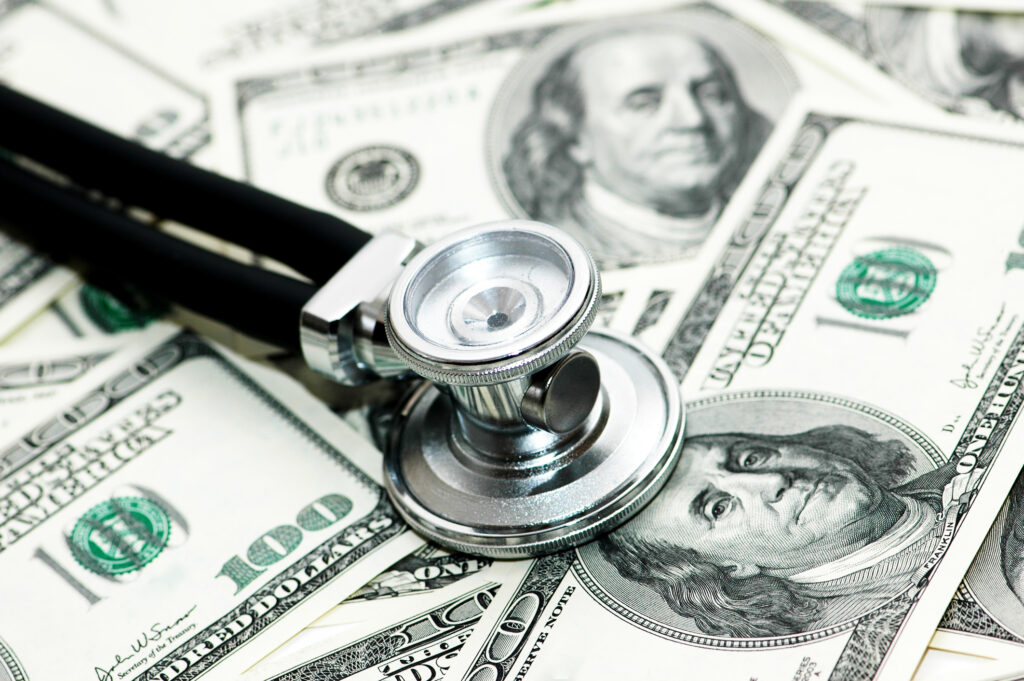Does it ever occur to you that personal injuries can impact far more than your physical state?
A personal injury causes physical pain while simultaneously triggering widespread effects throughout your life that most profoundly affect mental health and emotional wellbeing. Injuries sustained from car accidents or workplace incidents and slips and falls produce ramifications that surpass the immediate physical damage.
And here’s the kicker…
People often prioritize physical recovery but fail to address the psychological effects which frequently prove even more damaging.
What You’ll Discover:
- The Hidden Mental Health Impact of Personal Injuries
- Common Psychological Challenges After an Injury
- The Connection Between Chronic Pain and Mental Health
- Recovery Strategies for Mental Wellbeing
- When to Seek Professional Help
The Hidden Mental Health Impact of Personal Injuries
Physical injuries heal over time but personal injuries can produce unseen emotional injuries that persist even after physical wounds have disappeared.
A personal injury can instantly alter your life trajectory. You follow your normal schedule until suddenly you face pain and medical visits while potentially losing your ability to work or engage in everyday activities.
Workers’ compensation data indicates mental-only claims occur more frequently than other types of claims which underscores how personal injuries heavily affect mental health. The complete upheaval of your life creates an understandable reaction when you face a sudden injury.
Think about it:
- Your routine is disrupted
- Your independence may be compromised
- Financial stress increases from medical bills and lost wages
- Uncertainty about recovery looms over you
The combination of these circumstances leads to severe mental health problems. By consulting a top personal injury lawyer early on you can lessen stressors through better understanding your legal rights and potential compensation which allows you to concentrate more on your recovery process.
Common Psychological Challenges After an Injury
Recognizing typical psychological reactions to personal injury marks the initial phase of managing these responses.
Research shows that one-third of accident survivors develop mental health problems within a year of the incident which highlights the enduring psychological consequences of personal injuries. The emergence of these problems isn’t immediate since they can appear weeks or months following the original injury.
The following list represents the psychological challenges that people most frequently encounter.
Post-Traumatic Stress Disorder (PTSD)
People from all walks of life can develop Post-Traumatic Stress Disorder beyond just combat veterans and survivors of violent crimes. Any individual who survives a traumatic event can develop psychological problems regardless if the incident resulted in personal injury from an accident. The accident triggers flashbacks and nightmares while causing individuals to avoid reminders of the event, leading to increased anxiety and persistent intrusive thoughts.
Depression
Physical pain combined with lifestyle restrictions and future uncertainties creates an environment where depression easily takes root. Symptoms of depression manifest as ongoing sadness and disinterest in activities once enjoyed together with sleep and appetite changes and feelings of low self-esteem.
Anxiety Disorders
People frequently experience general anxiety after sustaining a personal injury. Your recovery process may trigger excessive worries about healing while you face fear of re-injury alongside panic attacks and perpetual sensations of tension. The most prevalent mental health problem in the United States affects 42.5 million Americans through anxiety disorders.
The Connection Between Chronic Pain and Mental Health
Chronic pain during personal injury recovery presents a significant challenge because it severely affects mental wellbeing.
Personal injury victims often face long-term pain conditions and psychological difficulties or disabilities which negatively impact their complete health. The vicious cycle starts when pain leads to mental health decline and then deteriorating mental health causes pain perception to strengthen.
Anxiety and depression cause your brain’s pain processing centers to become more sensitive. Sleep disruption from pain causes increased pain and mental health problems which lead to further sleep issues. Physical activity decreases naturally when pain arises because exercise serves as an important mood-regulating function in the body.
The statistics are sobering. Every day more than 6,500 people sustain injuries from motor vehicle accidents that can result in mental health problems. These individuals frequently suffer from chronic pain conditions that impact their mental health throughout months and even years.
Recovery Strategies for Mental Wellbeing
Healing from personal injury requires equal attention to both psychological and physical treatment. These strategies will help you maintain mental health during the recovery process.
Acknowledge Your Feelings
The essential beginning of healing requires validating your emotional reactions as legitimate. Many people who have suffered injuries convince themselves that they need to express gratitude because their situation was not more severe than it could have been while dismissing their psychological struggles.
Maintain Connection
Social support is crucial during recovery. Engaging with your social circle continues to offer emotional assistance and prevents feelings of isolation even when you cannot join activities like before.
Establish New Routines
Creating new daily structures allows you to regain control and normalcy when an injury interrupts your usual routine.
Practice Mindfulness
Mindfulness techniques help reduce pain perception and anxiety by directing attention to the present rather than future worries.
Seek Professional Support
Make sure to seek professional help from mental health experts trained in trauma and injury recovery. Because 20% of Americans experience mental illness while nearly 60% of them receive no treatment or medication, proactive mental health care after an injury can prevent lasting psychological problems.
When to Seek Professional Help
The recovery journey depends heavily on recognizing the appropriate moment to seek professional mental health support. These indicators show when you should seek guidance from a mental health expert:
- If symptoms of depression, anxiety, or PTSD last longer than two weeks
- When psychological symptoms prevent you from functioning in daily life
- If you experience thoughts of self-harm (more than 40,000 Americans die annually from suicide)
- If you find yourself using substances to cope with emotional pain
- When sleep disturbances persist despite basic sleep hygiene practices
Professional treatment options for mental health after injury encompass Cognitive-Behavioral Therapy (CBT), Eye Movement Desensitization and Reprocessing (EMDR) for trauma, medication management, pain psychology, and support groups for injury survivors.
The Economic Impact of Mental Health After Injury
The total financial impact of personal injuries grows when we account for mental health costs in addition to medical expenses and lost earnings. Work-related injuries cost $167 billion in total for 2022 in the United States and this amount represents both the financial burden and psychological effects experienced by workers.
Untreated mental health problems following an injury extend recovery duration, drive up healthcare use, decrease work output, push disability claims up and elevate workplace turnover rates. Comprehensive recovery plans require mental health support elements for effective treatment.
Wrapping It All Up
The effects of personal injuries reach beyond physical pain to substantially affect mental health and overall well-being. The mental health consequences following an injury may prove equally disabling as physical limitations.
Remember these key points:
- Mental health challenges after personal injury are common and valid
- The connection between chronic pain and psychological distress creates a cycle that requires comprehensive treatment
- Proactive strategies for mental wellbeing are essential components of recovery
- Professional help should be sought without hesitation when needed
Addressing both physical and emotional injuries from personal harm enables full recovery and helps restore your quality of life. Those who face mental health challenges after personal injuries should know that treatment options exist and healing can be achieved.
Disclaimer
The content provided in this article is for informational purposes only and does not constitute medical, psychological, or legal advice. While Open MedScience aims to ensure accuracy and relevance, the material is not intended to replace professional guidance or diagnosis. If you or someone you know is experiencing mental health difficulties, it is important to seek assistance from a qualified healthcare professional. Similarly, legal matters related to personal injury should be discussed with a licensed legal practitioner.
The views expressed in this article are those of the author and do not necessarily reflect the official policy or position of Open MedScience. Any action you take based on the information presented is strictly at your own risk.
home » blog » health matters »



